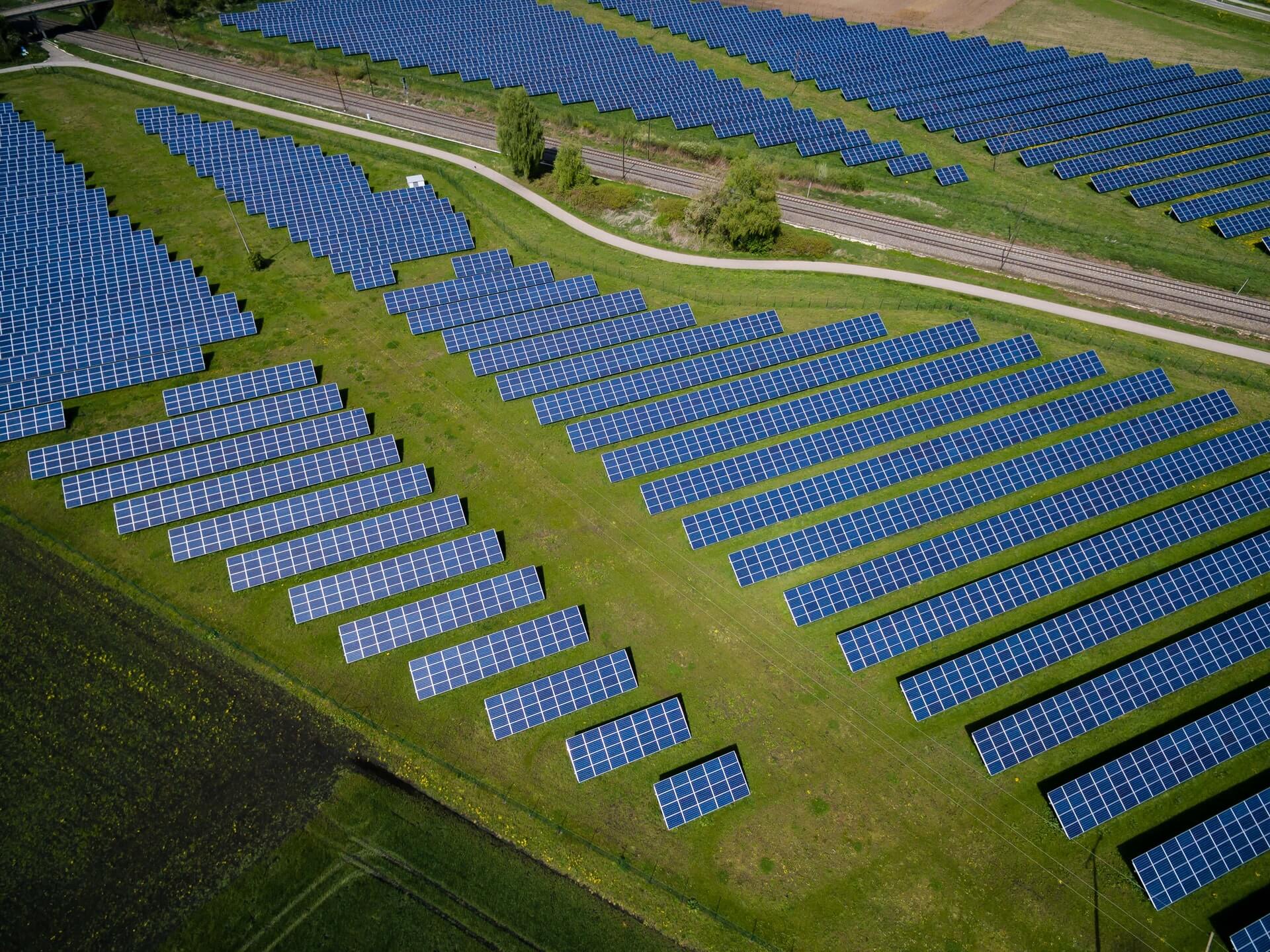Glance up and around and you’ll know the horizon is changing. From Canada to South Africa, Brazil to China, windmills and solar panels are telling a story of change.
In the United States, the landscape is collecting a kind of 21st-century raiment. Wind farms, solar farms, and just stray windmills and solar panels on roofs are signaling something big and different.
When they were making “Tom Jones” in 1963, the very funny film based on the Henry Fielding classic, the big problem was finding English villages which dated from the 18th century and still looked it. The filmmakers found plenty of appropriate villages, but all the skylines were despoiled with television aerials. No filmmaker today can avoid windmills and solar panels, and computer graphics will have to come to the rescue for period dramas.
Alexander Mirtchev, a respected member of the Washington foreign policy establishment and vice chairman of the Atlantic Council, in a new book based on a study he conducted for the Wilson Center, names this changed horizon for what it is: a megatrend. In doing this Mirtchev joins other megatrend energy spotters of the past, including environmentalist Amory Lovins and economist Daniel Yergin. Mirtchev’s book is titled “The Prologue: The Alternative Energy Megatrend in the Age of Great Power Competition.”
Energy has been shaping society and the relationship between nations since humans switched from burning wood to coal. The next step after that was the Industrial Revolution, ushering in what might be called “the first megatrend.”
Mirtchev builds on how energy supply changes relationships and looks to a future where the balance of power could be upended, and energy production could affect neighbors in new ways. For example, I have noted, the Irish are unhappy about British nuclear activity across the Irish Sea. There also is tension along the border between Austria and Slovakia: the Slovaks favor a nuclear future, and the Austrians are into wind and opposed to any nuclear power. As a result, windmills line the Austrian side of this central European border.
Mirtchev’s book is a serious work by a serious scholar which pulls together the impact of alternative energy on national security, the interplay between great powers, and the changing landscape between great powers and a few lesser ones. It is wonderfully free of the idealistic tropes about alternative energy as a morally superior force.
There also are changes within countries. Recently, I wrote about how Houston — the holy of holies of the oil industry — is seeking to rebrand the oil capital as a tech mecca as well as holding onto its oil and gas status as those decline.
If you look at the world, you can see how President Joe Biden can stand up to Saudi Arabia in a way that other presidents couldn’t do. Saudi oil reserves don’t mean what they once did. They aren’t as essential to the future of the world as they once were. There is more oil around and the trend is away from oil. Historic coal exporters like Poland, Australia, South Africa, and the United States are losing their markets.
Other losses, including U.S. technological dominance in energy technology, are more subtle. For example, although jubilation over solar and wind is widely felt in the United States by environmentalists, it should be tempered by the fact that solar cells and wind turbines are being provided by China. China has seized manufacturing dominance in alternative energy, endangering national security for dependent countries.
Mirtchev’s arguments have found powerful endorsements. A number of big-name, international security thinkers have come forward to endorse the concept of a realignment caused by the megatrend of alternative energy. These range from Henry Kissinger to a who’s who of foreign policy stalwarts here and in Europe.
James L. Jones, retired Marine general and President Barack Obama’s national security advisor, said, summing up thoughts expressed by a full panoply of experts, “ ‘The Prologue’ offers a valuable new framework for international strategic action.”
Retired Adm. James G. Stavridis, an executive of the Carlyle Group and other enterprises, said the book is “a masterpiece of original thought, and it should be must-reading in universities and war colleges.”
Who would have thought of the wind and sun as players in the rivalry between nations or that they would spearhead a megatrend?

 Follow
Follow
Leave a Reply